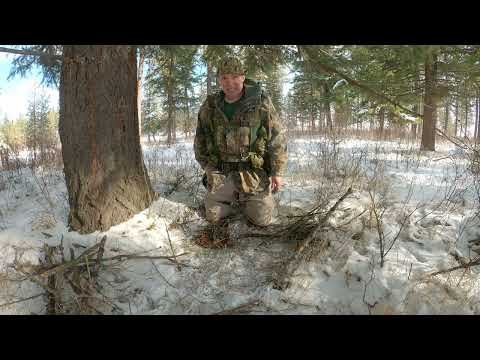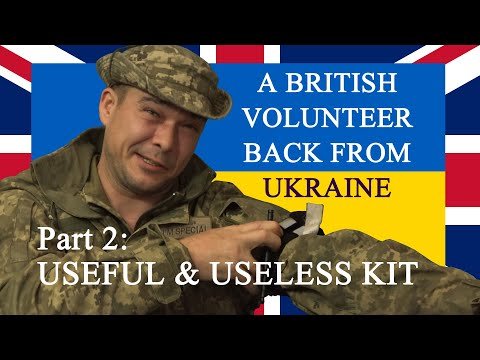I have been watching a lot of videos and reading a lot of articles about everything from camping to guerrilla warfare while preparing my emergency kit. I freely admit my experience is limited, but I find myself questioning a lot of advice based on both my budget and common sense.
In the gun community, gear and gadgets are all the rage. Infrared laser systems, plate carriers, and web gear galore topped off with "Gucci guns" costing obscene sums are promoted everywhere. I find myself asking how useful is this equipment, what are the odds I will need it, and whether there are better ways to spend my scarce resources. What is really useful under a broad range of circumstances, and what is highly specialized but generally over-hyped? For example, single-point slings seem like a great idea, and all the tacti-cool posts seem to depict people using them, but spend five minutes walking in the woods with a carbine dangling in front of you and I guarantee you'll hate it. I could see it being useful for weapon retention, but it's not really a sling. Someone standing guard who needs a weapon at the ready while both hands remain free might need one, and perhaps soldiers in mechanized transport could benefit from this system, but it would be absolutely miserable for marching, to say nothing of the bad muzzle discipline of letting the gun swing at your feet, your companions' feet, etc.
Camping and hiking stores have so many gizmos and gimmicks available, but what do you or I really need? A lot depends on your local environment, but a lot just looks like wasted weight or something that will break when it is needed most. Good gear is often worth the weight because it does something very important, and does it very well. A lot of old ideas have stuck around because they stand the test of time. I usually like to have a well-made tool that does one job effectively. I want a hatchet for chopping and a shovel for digging, not something that claims to do both. I've also been burned many times by cheap knockoffs failing when I needed something to just work, so quality tools are worth the cost. Buy once, cry once!
Weight is also a consideration if you need to carry anything, whether backpacking or bugging out in an emergency. A tin mess kit and canteen cup make great camping cookware with little weight and little to go wrong. Cheap plastic stuff from the big box store is usually far less reliable, and it's no fun to have to haul broken gear back just to throw it away. Pack it in and pack it out, remember!
The best survival tool isn't an object. Know how to do stuff. We're scheduled for another round of first aid training and fire extinguisher training through the library district soon. A few of the other libraries are also planning to host presentations on landscaping with wildfire mitigation in mind. Consider a CPR course. If you have a bug-out bag, test it, even if you're just camping in the back yard this summer, so you know what actually works.
Bigger budgets can't compensate for a lack of practice and training. Spend for the most immediate benefit and the widest range of most probable emergencies. Specialize later. Then pack the gear you need to do it better. First make sure you have the basics: the C's of Survival, a good first aid kit, spare socks, layers for changing weather, extra water, hygiene supplies, and so forth are far more important than whiz-bang nonsense. Take some steps now to prepare for likely emergencies. Winter isn't over in the northern hemisphere, and it'll be there before you know it down south. Are your ready for power outages, deep freeze, floods, tornadoes, wildfires, and other very mundane but disruptive seasonal natural disasters?
Here are a few relevant videos on these topics which I found interesting.
Paul Harrell on "Building a Fire in Adverse Conditions," demonstrating techniques and testing various ideas in the field, parts 1 and 2:
I can also attest from personal experience that matches seem to be less reliable now than they once were, especially the strike-anywhere type. It also takes real practical practice to build a fire even though any yahoo flicking a cigarette butt out the car window during a monsoon can still somehow manage to torch a national forest. It's not fair!
Lindybeige interviewed a British volunteer back from Ukraine regarding what works and what doesn't from a combat perspective. I wouldn't recommend going to a combat zone, but Ukraine shows how combat zones can come to you whether you want it or not. Do you retreat, or fight back? That's not for me to say. Either way, though, the gear that works in the trenches might work for you, and what fails there will likely fail you too.
Do you have any stories to tell about having to make do without proper preparation, times when tools failed, or when you managed to avoid disaster by being prepared? What skills can you share with the community? Conversation is welcome in the comments!



